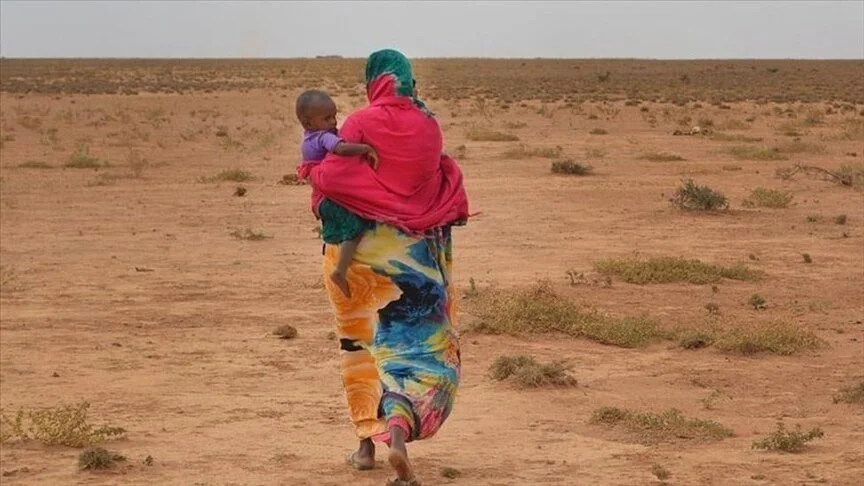

By Anadolu Agency
LUSAKA, Zambia
The UN on Friday announced a $5.5-million relief package to support Zambia’s drought response.
The funds have been made available through the Central Emergency Response Fund (CERF), in response to an unprecedented drought that has left about 7.5 million people in 84 districts in need of assistance, with the majority being women and children.
“The CERF funds will help in providing emergency food aid, distributing clean and safe water, protection and delivering healthcare services to address drought-related health risks, among other needs,” read a statement issued by the UN office in Lusaka, Zambia’s capital on Friday.
The support would also help to strengthen resilience in drought-affected communities to mitigate or avoid the humanitarian impacts of the drought and ensure that emergency relief enhances sustainability.
“We stand in solidarity with the people of Zambia at this challenging time and are happy that CERF has initiated this emergency funding which will help alleviate the difficulties being faced because of the El Niño-induced drought. We commend President Hakainde Hichilema for declaring the drought emergency and further announcing an appeal as that enables the UN and other partners to mobilize support,” added acting UN Resident Coordinator in Zambia Penelope Campbell.
Hichilema declared the drought a disaster and national emergency on Feb. 29, later adding that the country was in need of $940.6 million to provide relief aid to nearly half of the country’s 20 million population hit by the drought.
Also hit is the country’s hydro-based electricity production, with a loss of more than 500 megawatts in generation causing power utility Zesco to implement rolling blackouts on daily basis.
On Thursday, the country’s Vice-President Mutale Nalumango met International Monetary Fund (IMF) Mission Chief Mercedes Vera-Martin to Zambia and indicated that the country was now at risk of losing the crop that was due for harvest in the regions that recorded good rainfall because of emerging incidences of flooding.
Affected is the northern region area around Lake Tanganyika, which connects Zambia to the Great Lakes.
The lake has recorded more than usual water inflows due to heavy rains, with floods reported in Zambia and Burundi.
We use cookies on our website to give you a better experience, improve performance, and for analytics. For more information, please see our Cookie Policy By clicking “Accept” you agree to our use of cookies.
Read More